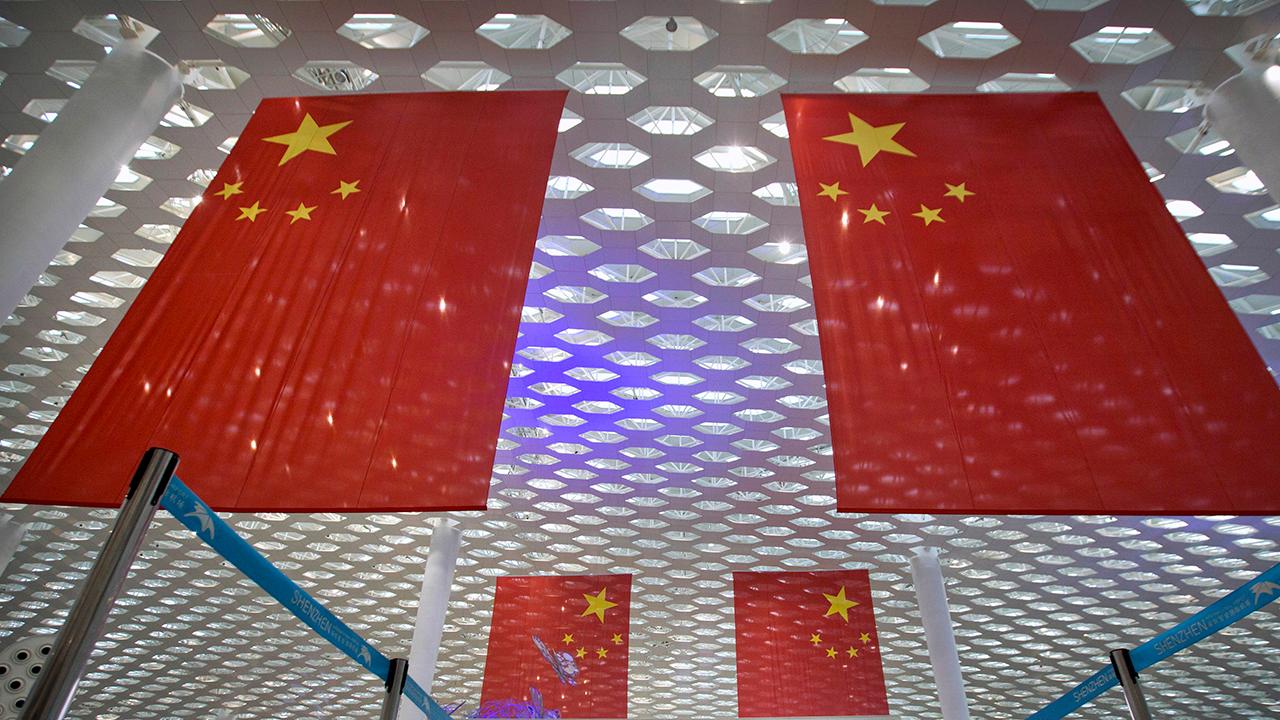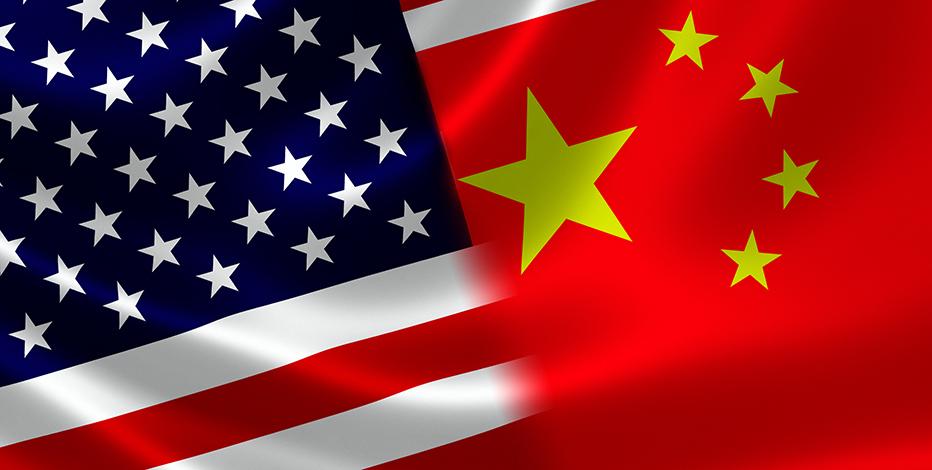Trump's tough China stance pushed ZTE to pay up, US tech CEO says
InterDigital CEO William Merritt, head of a company that helps develop 5G wireless technology standards, credits President Trump’s tough stance on Chinese intellectual property theft with the recent resolution of a decade-long conflict with Chinese telecom giant ZTE.
InterDigital and ZTE had battled in court for years over the Chinese firm’s refusal to pay royalties for use of wireless technology in its devices. The legal wrangling concluded earlier this week, when InterDigital announced a licensing deal with ZTE covering use of its wireless specifications for 3G, 4G and 5G smartphones and tablets. The two sides agreed to end all pending litigation as part of the agreement.
“I think [Trump’s stance] was very important,” Merritt told FOX Business. “There were a number of factors at work, but the administration’s very strong emphasis on IP protection – their focus on ZTE, frankly. Not only did they focus on them with respect to the entities list, there’s ongoing monitoring of ZTE. I think that was very, very impactful.”
InterDigital is one of several firms, including Qualcomm, Nokia and Sweden-based Ericsson, that research and develop technology used to define global specifications for network technology used on smartphones. Major smartphone makers such as Apple and Samsung pay licensing fees to InterDigital and other firms in order to use those specifications in their products.
As Chinese tech firms such as Huawei and ZTE gained domestic prominence, they made use of patent-protected specifications without paying the required royalties, violating the intellectual property of InterDigital and its contemporaries in the process.
“Historically, the Chinese companies did not participate in the research of the phones,” Merritt said. “When they first entered the market, about 10 years ago, when the Chinese companies began to manufacture cell phones, they simply took the specifications and began to build phones, but they didn’t pay. They kind of broke the bargain.”
Merritt said InterDigital’s licensing deal with ZTE had “very fair terms that are consistent with all the other licenses we’ve done.”
The Trump administration has made the defense of U.S. intellectual property rights, including protections against forced technology transfer for companies seeking to conduct business in China, a priority in ongoing trade talks with Beijing. A trade war between the two countries has roiled international market for months, straining companies and consumers on both sides.
Earlier this month, high-level talks between U.S. and Chinese officials yielded a truce of sorts. In part, Beijing agreed to enforce stronger intellectual property laws.
Ning Jizhe, the vice chairman of China’s National Development and Reform Commission, announced Thursday that Beijing would “not discriminate between domestic and foreign enterprises when enforcing its IP laws” under new regulations that take effect on Jan. 1.
The new regulations marked progress on an issue that fomented tension between the two nations for years. The Trump administration has cracked down on Chinese tech firms accused of posing a security threat, misusing intellectual property or attempting to skirt U.S. trade regulations.
ZTE was placed on the Commerce Department’s list of banned entities in March 2016 for exporting U.S. products to North Korea and Iran. The company later paid a $1.2 billion fine to settle the case. Rival Chinese firm Huawei, which is accused of posing a security risk by allowing Beijing backdoor access to its products, remains on the entity list.
“I think there was a desire on the part of ZTE to also start to show itself to be a law-abiding company,” Merritt said.
InterDigital supports the implementation of “enforcement mechanisms” in any final trade deal between the U.S. and China. Among its proposed measures is the inclusion of specific language governing intellectual property rights, the creation of a panel to quickly resolve patent disputes and the use of independent arbitrators to settle quarrels over royalties.
Once bystanders in the development of wireless technology, ZTE, Huawei and other Chinese tech firms now have substantial intellectual property portfolios of their own, providing a business incentive to establish clear guidelines for their use.
GET FOX BUSINESS ON THE GO BY CLICKING HERE
While Merritt touted Trump’s role in resolving his company's clash with ZTE, he acknowledged that the final verdict on the administration’s willingness to engage in a trade war will depend on whether an eventual agreement is strong enough to justify the higher costs and other challenges that U.S. firms experienced during the long wait.
“Accepting that will be fine if the end result is good. If at the end of the day, there’s a deal struck that really doesn’t move the needle and we went through all this pain to get there, then I think people will be unhappy,” Merritt said. “What the end result looks like is much more important than how soon it occurs.”





















